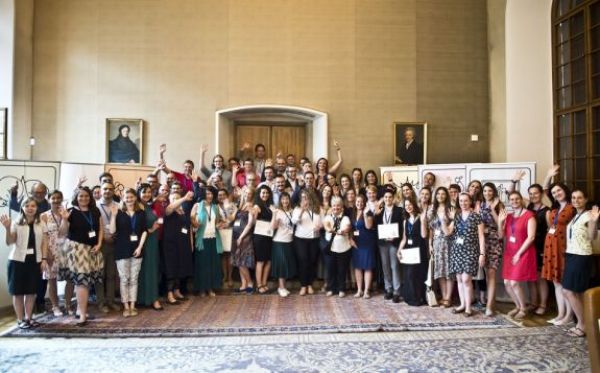Displaying items by tag: Science
The moon has fascinated us for most of recorded history: a guiding light on dark seas, a sacred disk illuminating the heavens, a symbol of the unattainable, a god. For most of human existence, its stark, cratered surface remained impossibly beyond reach. All that changed 50 years ago, on July 20, 1969. As some 500 million people watched a live televised broadcast (the largest ever TV audience at the time), the commander of the Apollo 11 mission Neil Armstrong emerged from the Lunar Module called the Eagle and – in his NASA spacesuit - became the first man in history to step onto the Moon’s dusty surface.
Few doubt the importance of social and technological innovation projects; in a period of ever-evolving playing fields or shifting sands, it is more important than ever that good ideas don’t fall the wayside.
It has been more than three years since scientists used the LIGO system or Laser Interferometer Gravitational-Wave Observatory for the first time in history directly observe gravitational waves. The stunning discovery confirmed predictions Albert Einstein made with his theory of general relativity almost a hundred years earlier.
CU at important junction to be top research university
Monday saw the start of a two-day meeting of Charles University’s International Advisory Board (IAB) Meeting evaluating research and future progress at the institution on a number of different fronts. On the agenda, for example, were the university’s Primus program for funding exceptional young scientists as well as the work and progress of individual faculties. ...
For the complete archive of all Forum issues click here:
https://iforum.cuni.cz/IFORUMENG-667.html


















